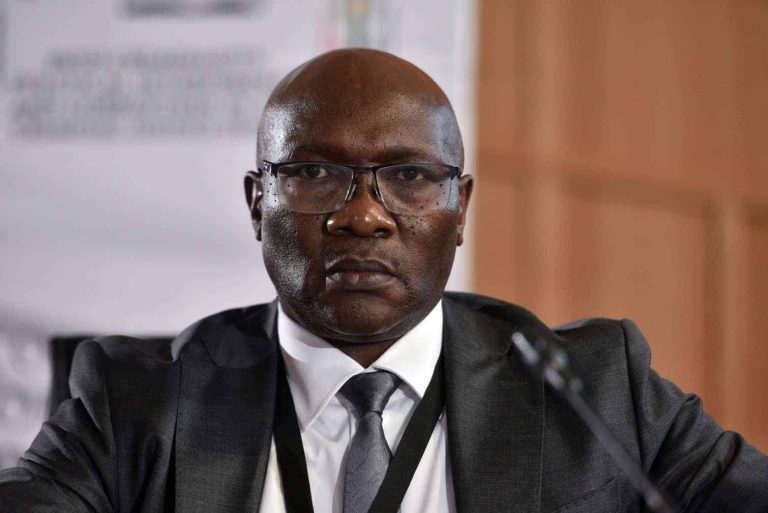
The World Health Organization (WHO) has issued a warning regarding the escalating issue of vision impairment and preventable blindness in Africa, calling for increased investment in integrated and equitable eye health services across the continent.
In a message commemorating World Sight Day 2025, celebrated globally on October 9, WHO Regional Director for Africa, Dr. Mohamed Yakub Janabi, cautioned that despite advancements made in combating diseases such as vitamin A deficiency, onchocerciasis, and trachoma, new challenges are emerging. These are primarily attributed to aging populations, unhealthy lifestyle choices, and inadequate health systems.
“Vision impairment is a pressing global public health challenge, and the situation will only worsen unless we implement urgent, targeted interventions,” Dr. Janabi emphasized.
He noted that the African Region has seen notable improvements through initiatives like Vision 2020: The Right to Sight, which increased access to cataract surgeries and preventive care. However, recent data from the WHO reveal alarming statistics: only 26% of those needing cataract surgery and 30% of individuals requiring vision correction receive effective treatment. This indicates that nearly 70% of those living with visual impairment remain without adequate care.
“These figures highlight the magnitude of unmet need,” Dr. Janabi emphasized. “Only one in four people requiring cataract surgery in Africa has undergone the procedure with good visual outcomes. Similarly, just one in three individuals who need eyeglasses have been successfully treated.”
To bridge these gaps, WHO has launched the SPECS 2030 initiative, aimed at ensuring that by 2030, everyone who needs refractive error services will have access to quality, affordable, and people-centred care. The initiative focuses on strengthening eye health services, expanding the workforce, reducing costs, and integrating sensory health into national health plans. Eight African countries have already begun implementing the framework.
Dr. Janabi, however, noted that only 32% of African countries currently have a national policy specifically addressing vision loss and blindness, a shortfall that hampers coordination, funding, and data-driven planning. He urged governments to adopt policies aligned with WHO’s resolution WHA78.7, which calls for greater awareness, stigma reduction, and inclusion of sensory health in national health benefit packages.
He also encouraged citizens to adopt preventive measures, including regular eye examinations, early detection, and timely treatment, noting that good vision enhances well-being, learning outcomes, and economic productivity.
“World Sight Day provides an opportunity for every individual to reflect on their eye health and take proactive steps,” the WHO Regional Director said. “Through these actions, we can achieve optimal vision and the many advantages it brings to our daily lives.”
WHO further recommended that policymakers use digital innovations such as WHO Eyes, a free smartphone application for vision assessment, alongside data collection and situation analysis tools, to improve national screening, surveillance, and advocacy for stronger eye health systems.



